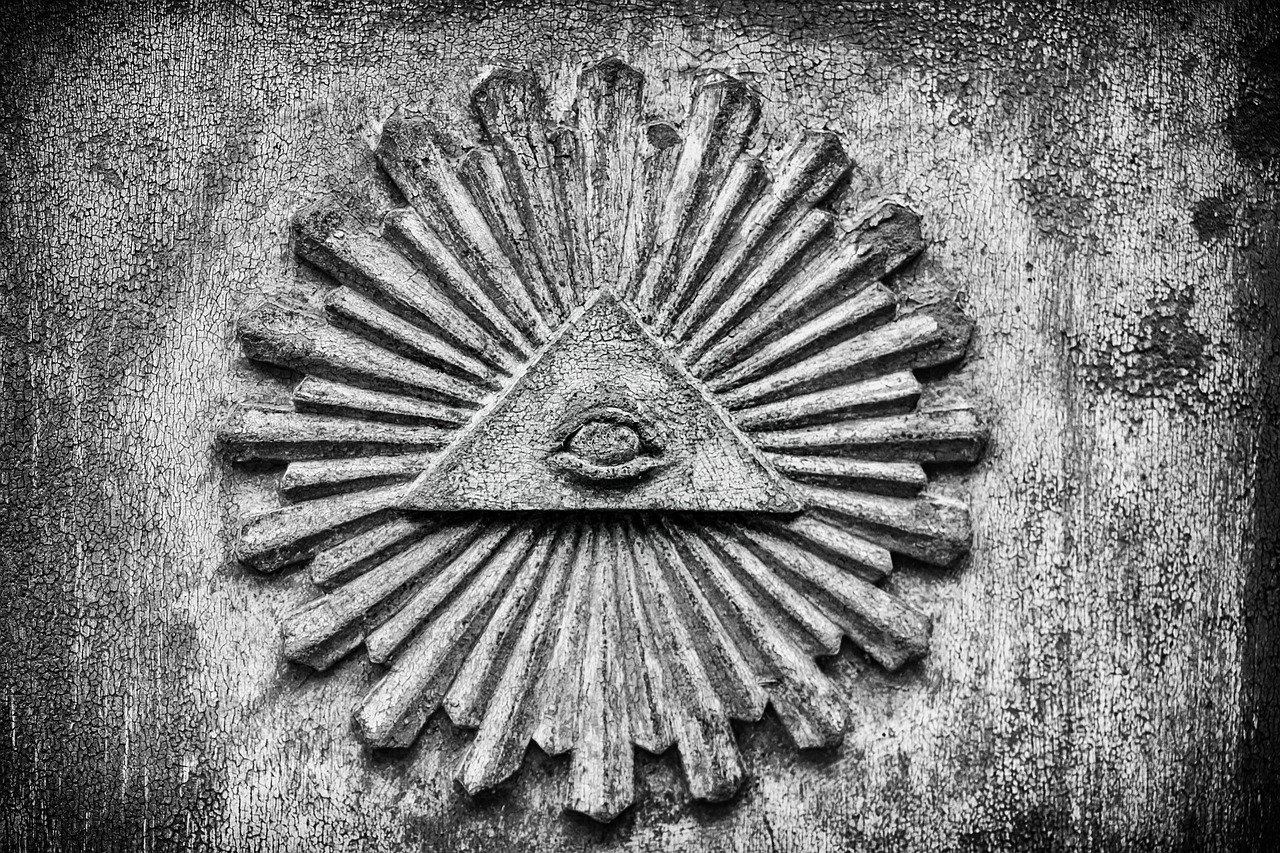Before we delve deeper into our exploration of the controversial organization of the Illuminati, it’s important to explore the roots of the historical organization, the Bavarian Illuminati, by discussing its principles and why it was created in the first place.
Since the Illuminati are inarguably the most famous secret society in the world, there are a lot of misconceptions about the first organization, the historical Illuminati, and what they advocated for.
The Enlightened
Illuminati is the Latin word for “enlightened”. Not only was the organization created during the Enlightenment, but its members thought of themselves as individuals whose goal was to enlighten their peers by sharing philosophical and scientific knowledge with them and fighting for their civil liberties.
Creator
The Illuminati was founded by Adam Weishaupt (1748-1830). Weishaupt came from a Bavarian family of scholars (his father and his subsequent guardian were university professors) that were proponents of the Enlightenment, and more specifically, rationalism.
Weishaupt started his education in a Jesuit school, and later received a doctorate of law degree from the University of Ingolstadt (Jesuit-run). When Pope Clement XIV began his campaign against the Jesuits, Weishaupt decided to become a professor in canon law.
Creation
Weishaupt became disillusioned with the clerical university administration (Jesuit clergy), and he decided to create an anti-clerical society that would spread the ideas of Enlightenment. On May 1, 1776, he founded the Perfectibilists (that would later rename to the Illuminati) with four law students – Massenhausen, Bauhof, Merz and Sutor.
The order mimicked Freemason organizations. There were initially three grades of members – Novice, Minerval, and Illuminated Minerval, but after gaining more followers the order expanded to include other higher grades like Scottish knight, Epopt, Prefect, National director, National prefect, and the Grand Master (Weishaupt).
All members had a secret name, usually coming from ancient history and mythology (Weishaupt’s was Spartacus). The members had to recruit men of good financial means and willing to learn. Perhaps its most famous member was Johann von Goethe, the famous author.
Ideas and Their Application
We briefly described the main goal of the Illuminati – sharing knowledge and expanding civil liberties. The order also stood for religious liberty and even hinted at emancipation for women. The Illuminati were against religious interference in state and personal matters, and advocated for separation of church and state, and against excessive state power.
At least that’s what they stood for on paper. The order, however, was not as benevolent as their goals make it sound. First, they were a secret order, so we might never know for certain what their true intentions were or how they sought to achieve it.
Still, we do know some of their secrets and their end goal as the Bavarian government later published the literature they found in members’ homes. The end goal was to create the perfect society, a global society, where all people would be free. This sounds good, but a promise that big and vague usually hides a dark underbelly.
For one, Weishaupt said that the strength of the order came from concealment. The perfect society is thus achieved in secrecy with no inkling of mutually shared power by the people. In fact, the Illuminati believed that their global society should be ruled by the elite, or them. In a truly Machiavellian fashion, they believed the goal justified the means.
These means included constant propaganda. The hint of female emancipation we mentioned earlier was only that, a hint, and not a goal. The Illuminati thought that women would be useful in spreading the message they wanted by influencing their male relatives, but to make them willing, they had to make false promises.
Weishaupt believed that humankind’s natural curiousity would advance his ideas as people couldn’t resist learning the Illuminati’s concealed mysteries. The Illuminati members were encouraged to join Freemason societies to propagandize their ideas and make connections to earn high positions in society. They had to infiltrate every public sphere to advance their cause.
Internally, the Illuminati didn’t hide the fact they used deception and manipulation to influence people; they thought it necessary to mold the masses into the perfect citizens of their idealized society.
Even the members weren’t free from that practice; their actions and thoughts were carefully monitored by those higher in rank. The members had to also forgo their previous beliefs, denounce patriotic feelings, and ultimately to fully commit to the order. Everything, even some very immoral and cruel practices, had to be done for the advancement of the order.
The End?
Despite the calls for secrecy, the existence of the Illuminati soon became common knowledge. Many members had achieved high social status and were in position of power, which led to societal distrust and even disgust.
The prince-elector and duke of Bavaria, Charles Theodore, banned all secret societies on March 2, 1785, merely 9 years since the Illuminati were created. The Bavarian government released their literature and correspondence to the public. However, the members didn’t suffer any severe consequences like imprisonment or execution.
Although the order was banned and it formally ceased to exist, many doubted and still doubt that they stopped their activities. Some believed that the Bavarian Illuminati were only a chapter of a bigger organization that remains to be found. Others even suggested the Illuminati orchestrated their fall to reach even more people.
It’s hard to discern myth from reality in an organization that was founded on secrecy and scheming. It’s no wonder then, that they are still popular today.



